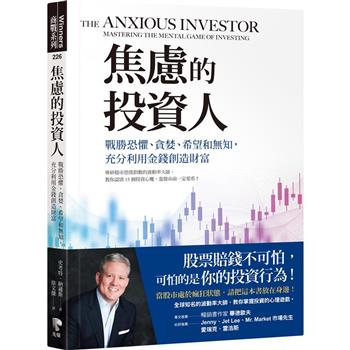An extraordinary young writer's search for authenticity among the various communities of identity-black, Latino, techno-utopian, Ivy League, activist-competing for her allegiance, each with its distinct allures and perils.
California saved Caille Millner's parents, or at least saved them from lives of poverty and oppression as black Americans growing up in racially benighted backwaters. It provided them with a free education and opportunities for advancement into the solid middle class and even beyond. But it did its damage too, and to the young Caille Millner as well, growing up in a Latino neighborhood in San Jose, relocating to more affluent but quietly hostile white-bread Silicon Valley suburbs being transformed out of all recognition by boom times, and then fleeing to a succession of utopian communities that in the end proved to be no less messy than the places she left behind. The Golden Road is Caille Millner's frankly wonderful memoir of coming of age in a world in which the need for a stable identity and the need to embrace radical change all too often collide, with consequences at times hilarious and at times devastating.
Caille Millner is equally familiar with the high-stress world of teenage strivers' gaming the system, obsessed with college choice, and the world-nearby geographically but impossibly far away by any other measure-of kids trapped in an entrenched underclass who don't have the first idea what that game even is or how one gets on the playing field. Throughout The Golden Road, Millner navigates from one world to the other with breathtaking ease, always the outsider but always genuinely struggling for empathy and connection. The result is a book that tours the landscapes of possibility carved by race, class, and culture for young Americans, and reckons with the prevailing fantasies and realities of internal immigration and gentrification, through the prism of her own experiences, with electrifying freshness and lucidity. This is that rare thing, a memoir that transcends its author's personal experiences to say something important and new about the broader culture without losing traction with the human story that gives it its astonishing power.







![塔木德:猶太人的致富聖經[修訂版]:1000多年來帶領猶太人快速累積財富的神祕經典 塔木德:猶太人的致富聖經[修訂版]:1000多年來帶領猶太人快速累積財富的神祕經典](https://media.taaze.tw/showLargeImage.html?sc=11100697818)




